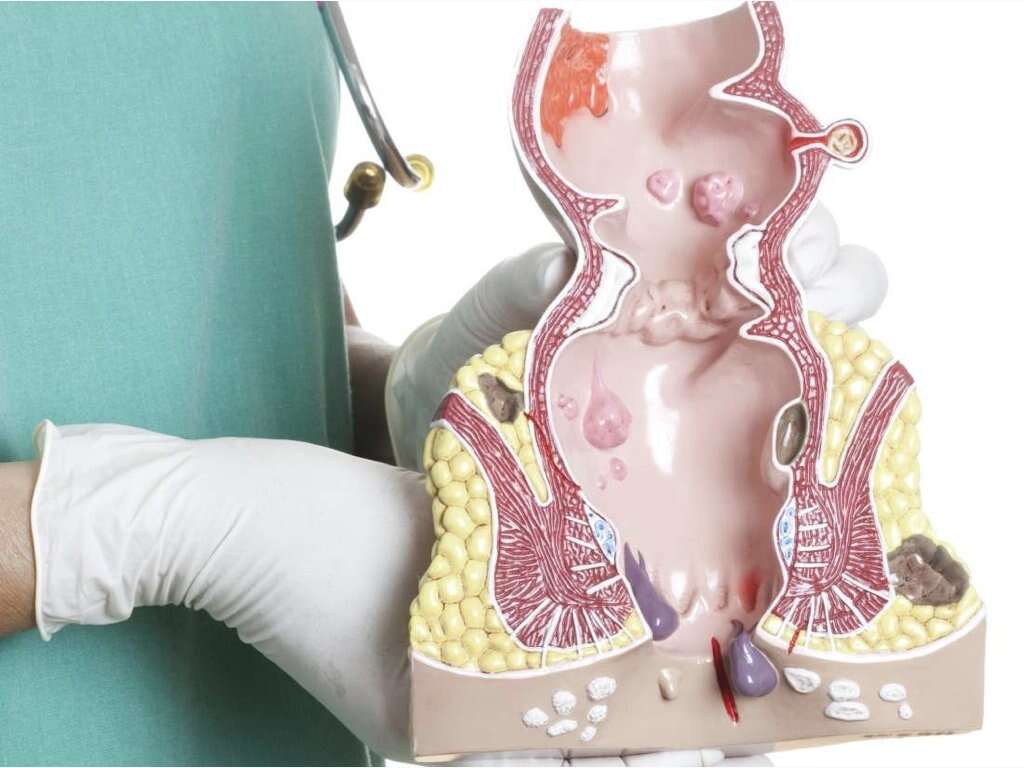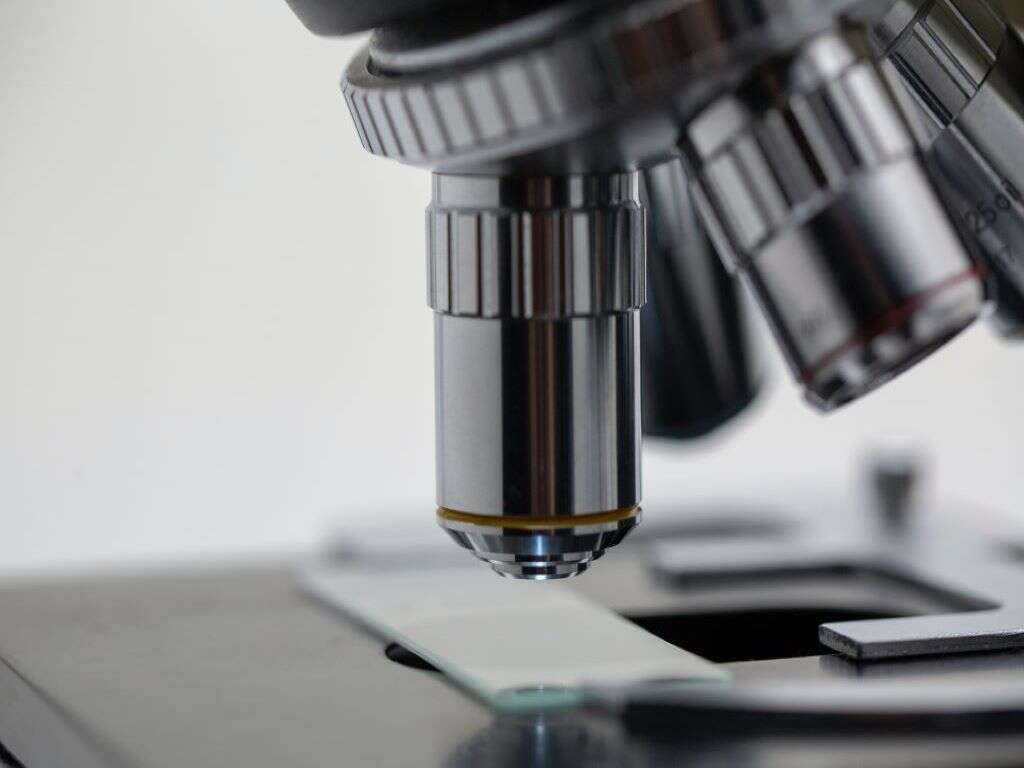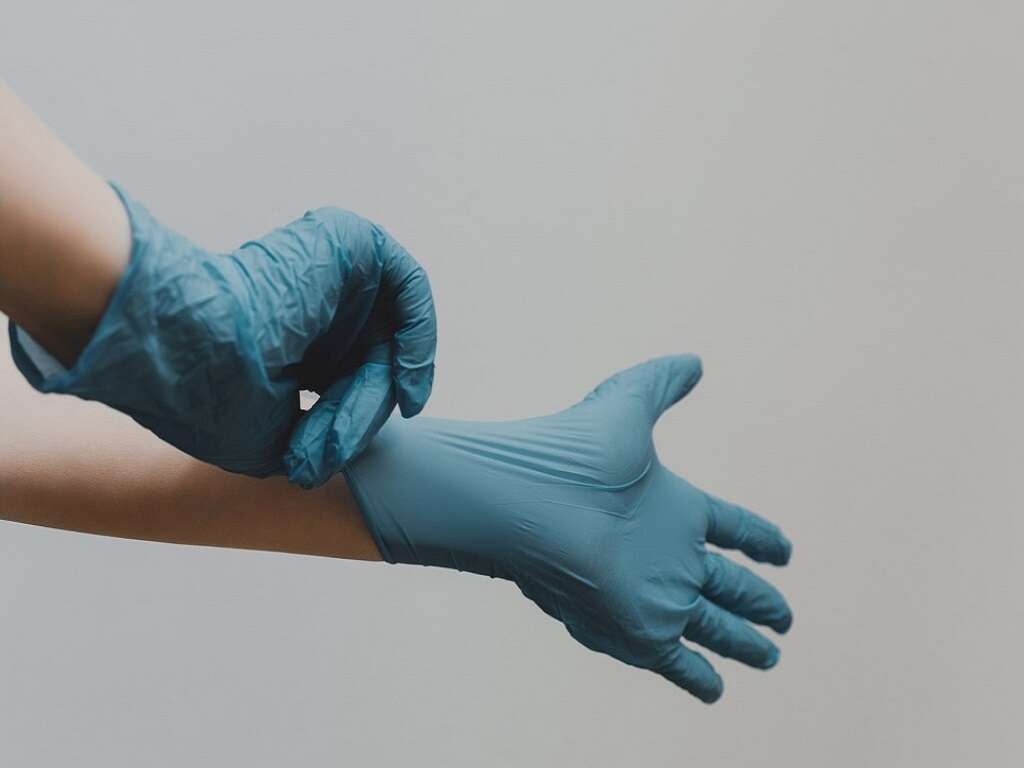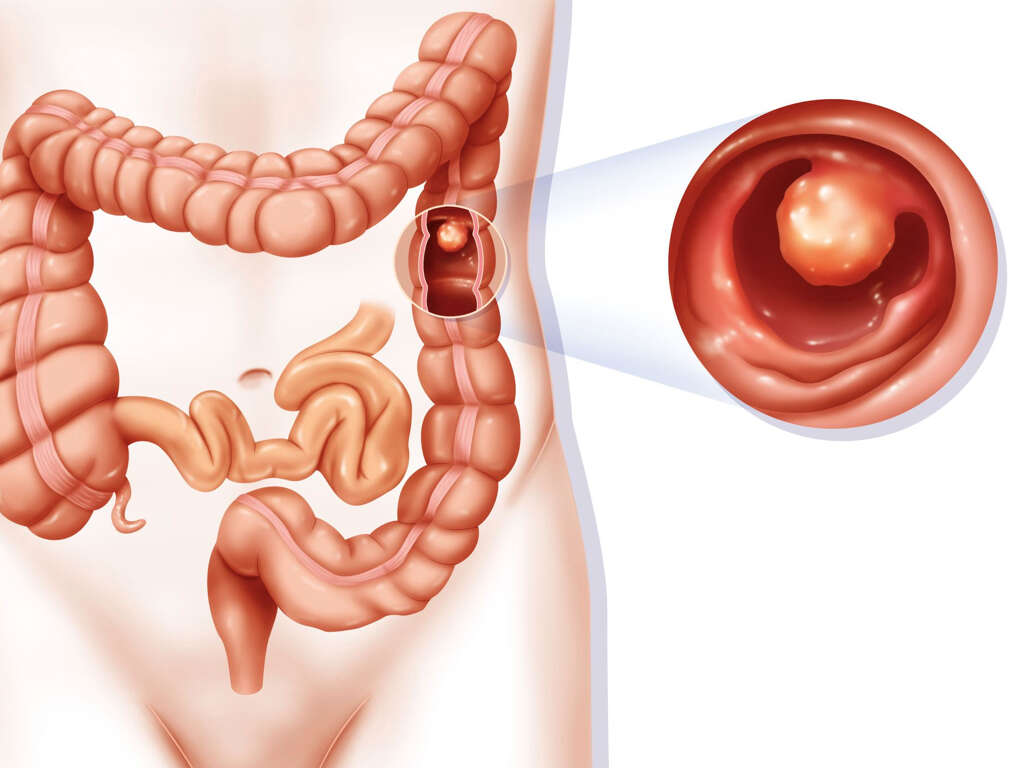What Causes Colon Cancer?
Colon cancer is one of the most common cancers in the world. It presents with tumorous growths in the large intestine. The large intestine is responsible for drawing out water and salt from food waste. After that, the waste material hardens and is transported out as feces, through the rectum and the anus.
Colon cancer is more common in people age 50 years and older. Colon cancer can also develop along with rectal cancer; the combined condition going by the name colorectal cancer. The -rectal refers to the rectum, which is located at the end of the digestive system, while the colo- refers to the large intestine or colon. Colorectal cancer is worse than colon cancer alone.
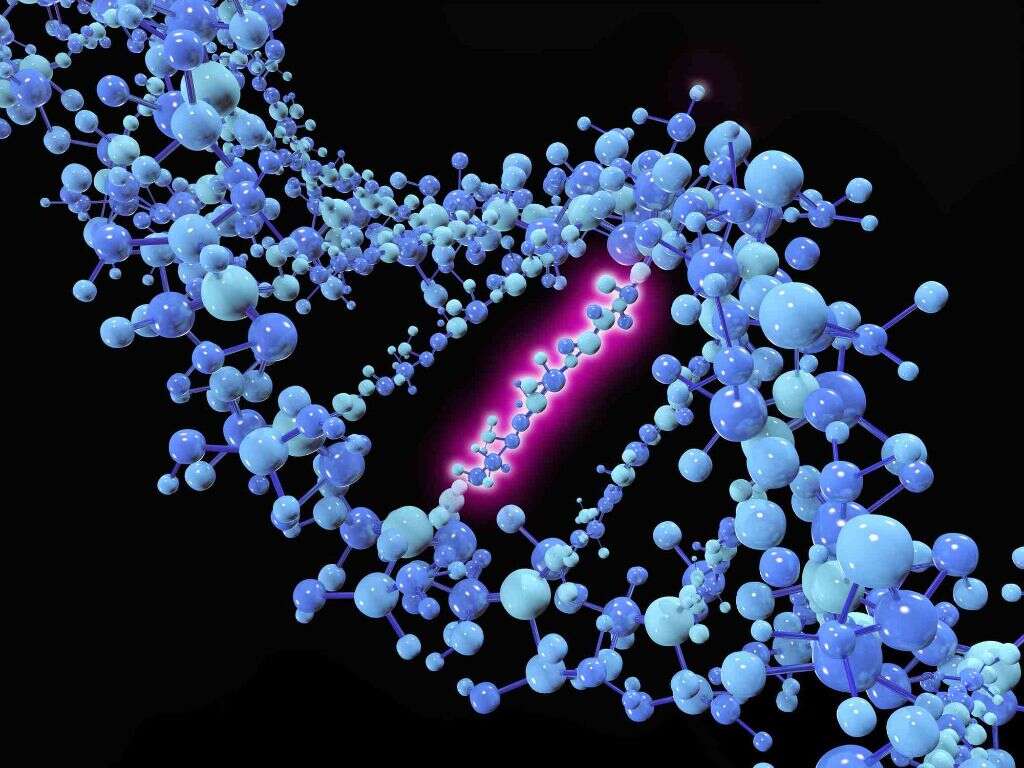
1. Symptoms of Colon Cancer
Colon cancer does not show any kind of symptoms in its earliest stages, but starts showing symptoms after it has progressed significantly. The earliest symptoms of colon cancer include diarrhea or constipation, changes in the consistency of stool, and defecating loose, narrow stools. After a while, the patient may have blood in the stools. The blood in stool may not be visible at the start, but after a while, the patient complains about it. Another common symptom of colon cancer is an urge to defecate followed by incomplete bowel evacuation. Abdominal pain, cramps, and excess gas are additional symptoms as the disease progresses. Symptoms in later stages include general weakness and fatigue, significant loss of weight, and iron deficiency anemia.
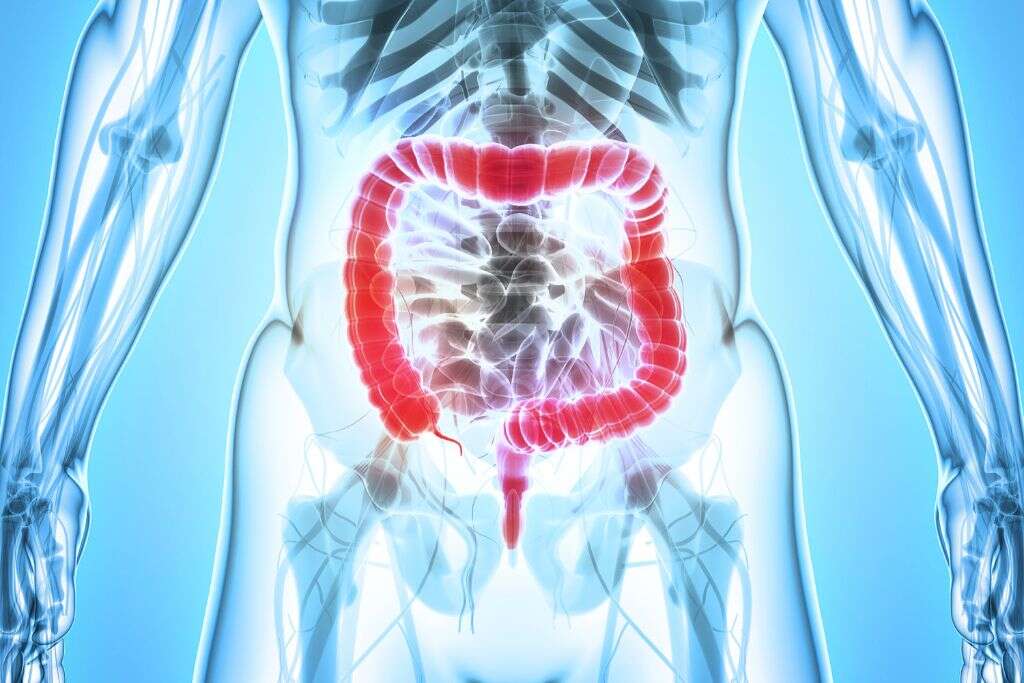
2. Causes of Colon Cancer
The actual cause of colon cancer is unclear. However, there is a long list of risk factors that can participate in the development of colon cancer. The most common cause of colon cancer is the development of precancerous growths. These are abnormal cells accumulating in the walls of the colon to form polyps.
Polyps are benign and their removal is the optimal solution to prevent their contribution to the development of colon cancer. If polyps are left untreated, they can progress to become malignant.
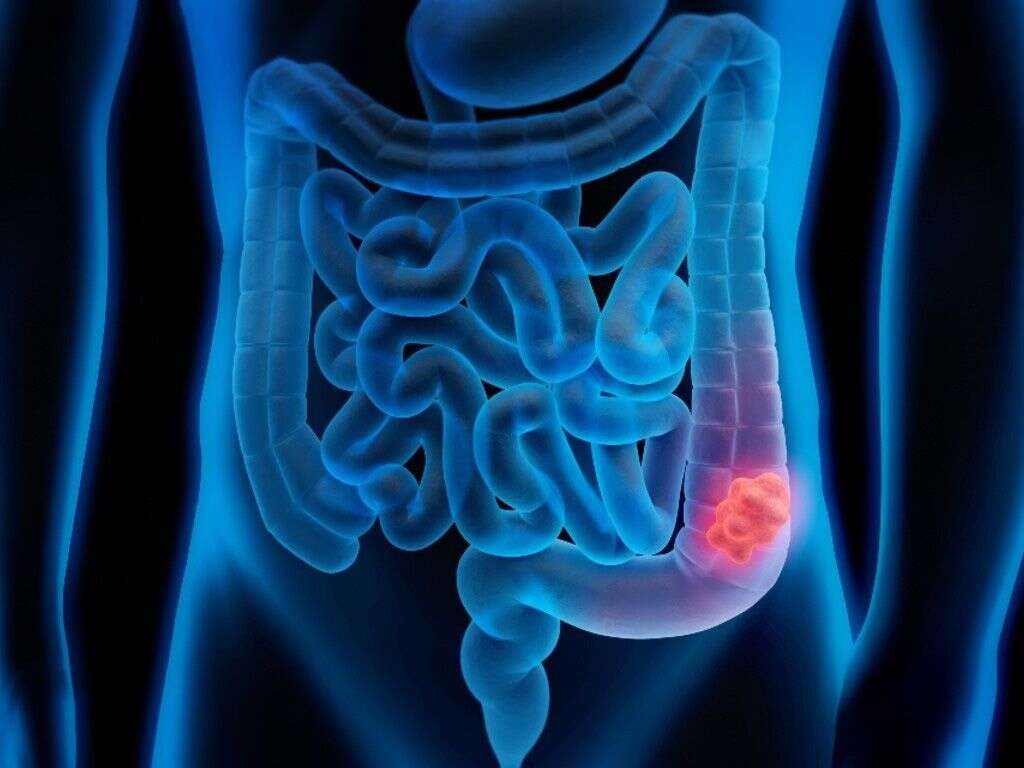
3. Genetic Mutations
The second most common cause of colon cancer is genetic mutations. Colon cancer can be hereditary and pass through generations. It is a risk factor that increases the chances of developing colon cancer, especially when combined with other risk factors.
Diet is also thought to play a part in the development of colon cancer. A regular diet low in fiber can lead to chronic constipation, which is a contributing factor in the development of colon cancer.

4. Colon Cancer and Chronic Diseases
Colon cancer is associated with certain chronic diseases, which increase the risk of getting it. The most common chronic disease associated with colon cancer is a long history of recurrent polyps. In addition, inflammatory diseases of the intestine such as ulcerative colitis and Crohns disease increase the chances of having colon cancer.
Some genetic diseases such as Familial Adenomatous Polyposis and Lynch syndrome, known as hereditary nonpolyposis colorectal cancer, are linked to colon cancer. Diabetes, obesity, chronic stress, and alcohol are also associated with the development of colon cancer.
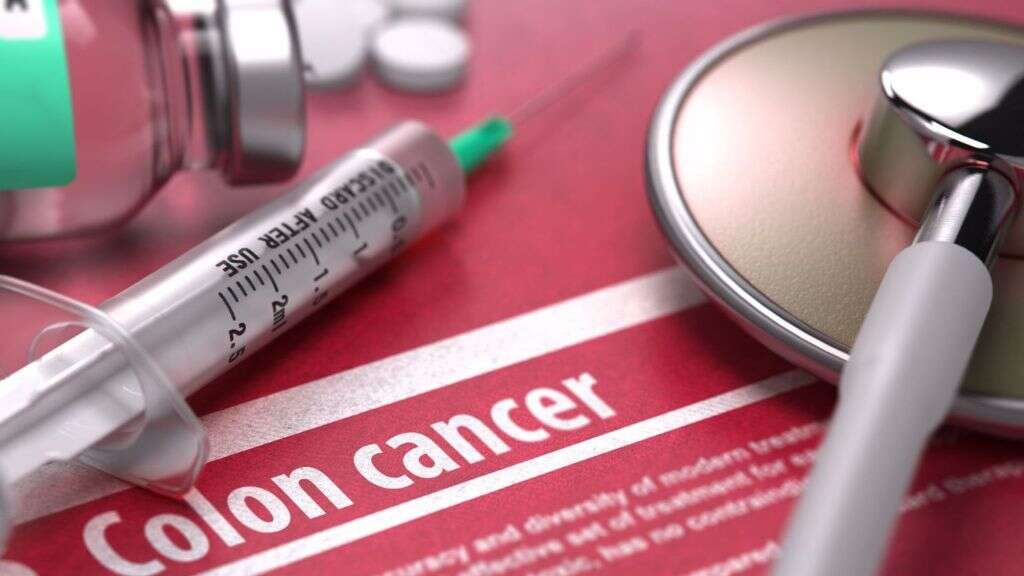
5. Complications of Colon Cancer
Colon cancer is life-threatening. It can also lead to some complications that need symptomatic treatment themselves. The most common complication of colon cancer is the blockage of the colon, which can lead to bowel obstruction. If this happens, the patient cannot defecate, which may lead to septicemia, toxemia, and many other complications.
The spread of cancer cells to other areas of the body, which is known as metastasis, is common and fatal. The cancerous cells can end up in the lungs, liver, brain, bone, and other organs and tissues. Besides, colon cancer is hard to remove, and even when it is removed, it can still come back.
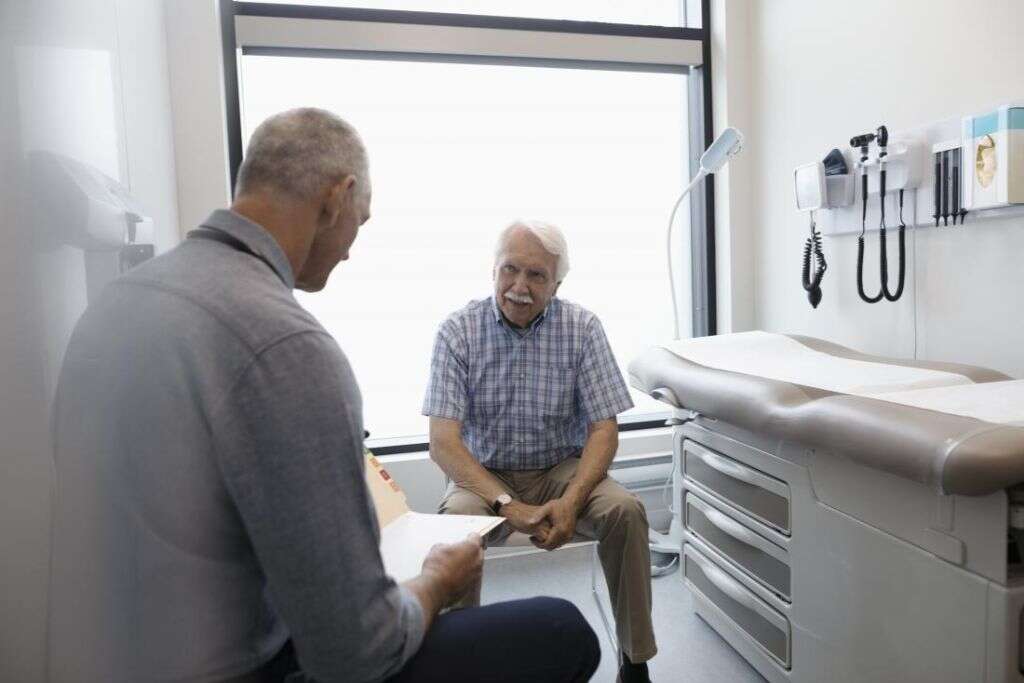
6. Disease Process
The risk factors mentioned earlier, along with the causes, can lead to colon cancer. The disease progresses in what can be classified in stages. The first stage, or stage 0, is known as carcinoma in situ. If found at this stage, colon cancer can be treated easily.
Stage 1 indicates that the colon cancer has progressed and invaded the next layer of colonic tissue but has not reached the lymph nodes or metastasized yet. Stage 2 means that the cancer has invaded all the layers of the colon but has not spread outside of it. At stages 3 and 4, the colon cancer will have spread to other areas of the body.
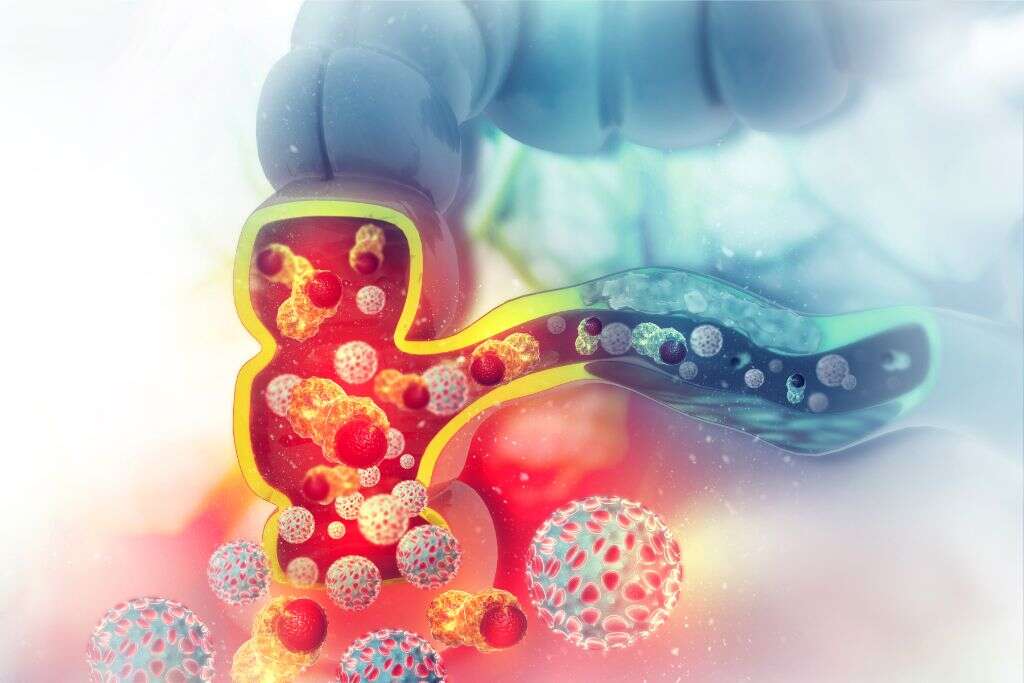
7. Can Colon Cancer Benefit from Diet or Lifestyle Changes?
If there are any polyps, they should be removed. Diet and lifestyle changes are essential. It is recommended that you include fiber in your diet to help regularize bowel movement.
This is especially important for people with a high risk of getting colon cancer. Reducing your fat intake is also recommended. Quitting smoking and reducing or quitting alcohol can also reduce the risk of colon cancer.

8. Diagnosis
Early diagnosis is essential for the most effective treatment of colon cancer. Blood tests, liver function tests, and renal function tests are essential to exclude other conditions and disorders. A more specific diagnostic method is colonoscopy, which allows the doctor to check the inside of the colon and rectum to see if there are polyps or anything unusual. The polyps can be removed during the colonoscopy too.
An x-ray and CT scan provide the doctor with an image of the colon and any growths in it. It is important to determine the extent of colon cancer and whether it has spread to other areas or not.
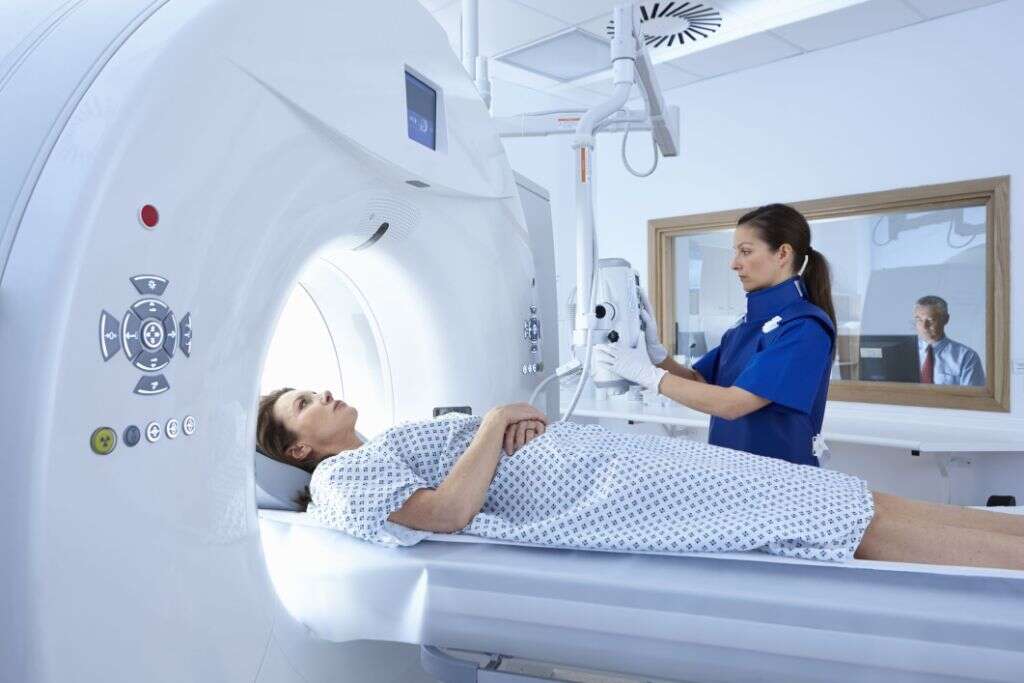
9. Treatment
Treatment is determined by many factors. Surgery is the first treatment option. If the condition hasnt spread into the walls of the bowels, there is a great chance of the complete removal of cancerous tissue. If the cancer has spread, the surgery can remove part or the entire colon. Chemotherapy is used to kill cancer cells. It is usually given to destroy the cancer cells that remain after surgical removal of the cancerous mass.
Chemotherapy also controls tumor growth. Radiation can also be done along with chemotherapy usually before surgical intervention. New medications such as regorafenib or Stivarga have been approved by the FDA to treat colon cancers that do not respond to treatments or surgeries.

10. Long-Term Outlook
If colon cancer is caught early, it can be treated completely, and the patient can live for more than 5 years without any problems. However, colon cancer returns in many cases within 5 years. If it does not, the patient can consider themselves colon cancer-free.
It is worth noting that the treatment process depends on many factors, especially at which stage the cancer is discovered. Stage 0, 1, and 2 can be cured completely. However, stages 3 and 4 are difficult to treat, but there are always exceptions.




